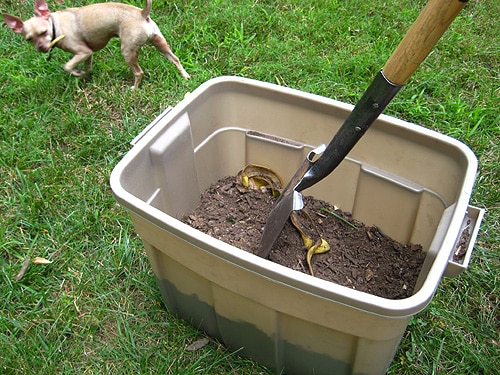
Goodbye Garden Waste, Hello Black Gold: Unlock the Magic of Compost with These 5 Simple Methods
The crisp autumn air carries the scent of woodsmoke and decaying leaves. While the vibrant colors of fall are breathtaking, the inevitable cleanup can feel overwhelming. Piles of fallen leaves, spent vegetable plants, and pruned branches seem destined for the landfill. But what if I told you that all that "waste" is actually a treasure trove, waiting to be transformed into the most valuable resource for your garden? Imagine turning your garden waste into nutrient-rich "black gold" that will nourish your plants and improve your soil structure. Composting is the answer, and it's easier than you think! Let's unlock the magic of compost with these five simple methods, making your sustainable home even greener and your seasonal harvest more bountiful.
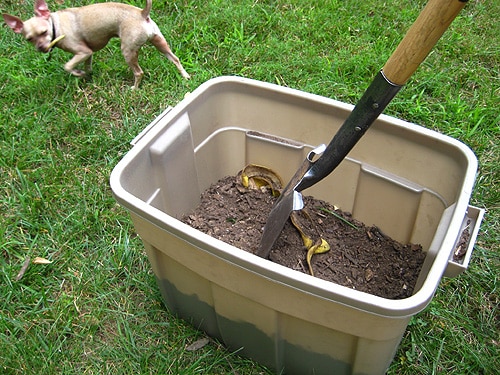
Why Compost? Unearthing the Benefits
Before diving into the how-to, let's explore why composting is a cornerstone of organic gardening and farmhouse life. Composting is essentially nature's recycling process, accelerating the decomposition of organic matter into a soil amendment that benefits your garden in numerous ways:
- Enriches Soil: Compost adds essential nutrients and beneficial microbes to your soil, creating a thriving environment for plant growth. Think of it as a vitamin boost for your garden.
- Improves Soil Structure: It helps sandy soils retain moisture and improves drainage in clay soils. This balanced structure is key for healthy root development.
- Reduces Waste: By composting kitchen scraps and yard waste, you significantly reduce your contribution to landfills. This is a huge step towards a more sustainable home.
- Saves Money: You'll need less chemical fertilizer, as compost provides a natural and sustainable source of nutrients.
- Environmentally Friendly: Composting reduces the need for synthetic fertilizers, which can harm the environment.
5 Simple Composting Methods for Every Homesteader
No matter your space or experience level, there's a composting method that's right for you. Here are five options to consider:
The Classic Compost Pile: This is the simplest and most traditional method. You simply create a pile of organic materials in a designated area of your yard.
- Pros: Low cost, easy to start, great for large amounts of yard waste.
- Cons: Can be slow to decompose, may attract pests if not managed properly, requires more space.
- Best for: Those with ample yard space and a desire for a low-maintenance approach.
The Compost Bin: A compost bin contains the pile, keeping it neater and more contained. You can purchase pre-made bins or build your own backyard projects style!
- Pros: Neater than a pile, helps retain heat and moisture, can be placed in smaller spaces.
- Cons: Requires an initial investment (or DIY effort), may still attract pests if not managed properly.
- Best for: Gardeners with limited space who want a more controlled composting environment.
The Compost Tumbler: Compost tumblers are enclosed bins that you can rotate, speeding up the decomposition process.
- Pros: Faster decomposition, easier to turn, keeps pests out more effectively.
- Cons: More expensive than piles or bins, can be heavy to turn when full.
- Best for: Those who want compost quickly and don't mind spending a bit more.
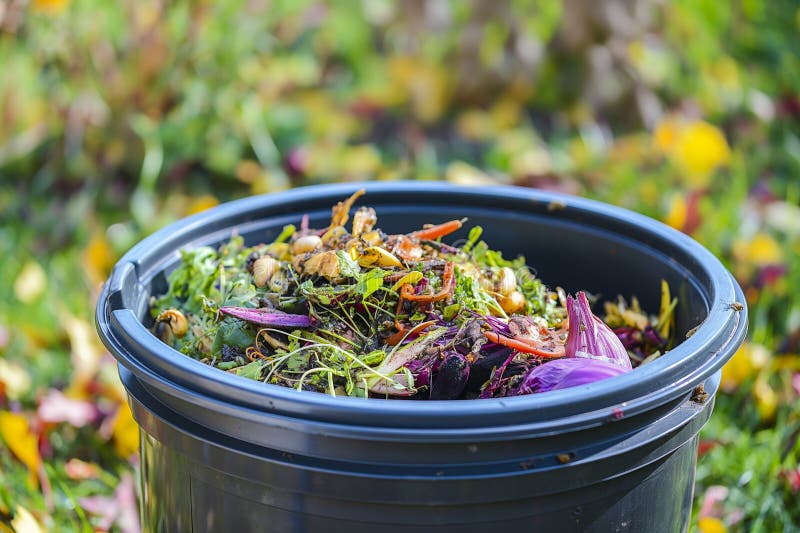
Vermicomposting (Worm Composting): This method uses worms to break down food scraps, creating nutrient-rich castings.
- Pros: Excellent for processing kitchen waste, produces high-quality compost, can be done indoors.
- Cons: Requires purchasing worms, needs more attention to moisture levels, can be sensitive to certain foods.
- Best for: Apartment dwellers, those who want to focus on composting kitchen scraps, and gardeners interested in a unique composting experience.
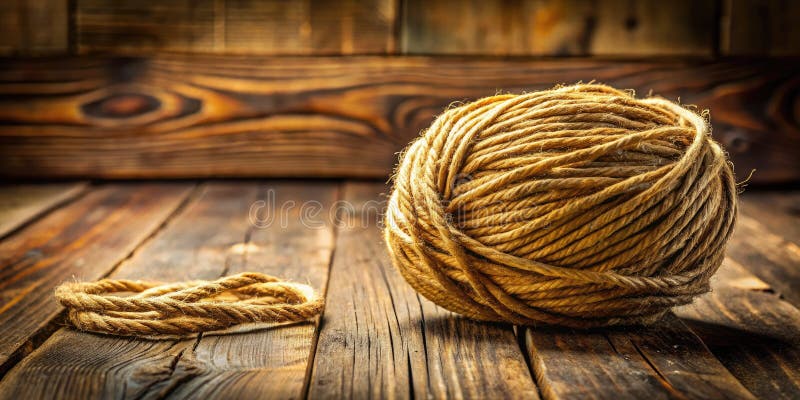
Bokashi Composting: An anaerobic fermentation process that uses inoculated bran to pickle food waste, including meat and dairy. This pickled waste is then buried in the garden to decompose further.
- Pros: Can compost all types of food waste, reduces odors, adds beneficial microbes to the soil.
- Cons: Requires purchasing Bokashi bran, involves a two-step process, requires burying the fermented waste.
- Best for: Those who want to compost all food waste and are comfortable with a more involved process.
The Recipe for Success: Balancing Greens and Browns
Regardless of the method you choose, the key to successful composting is maintaining the right balance of "greens" (nitrogen-rich materials) and "browns" (carbon-rich materials). A good rule of thumb is to aim for a 2:1 or 3:1 ratio of browns to greens.
- Greens: These materials are high in nitrogen and provide the fuel for decomposition. Examples include:
- Grass clippings
- Vegetable scraps
- Fruit peels
- Coffee grounds
- Manure
- Browns: These materials are high in carbon and provide the bulk and structure for the compost pile. Examples include:
- Dried leaves
- Shredded paper
- Cardboard
- Straw
- Wood chips
Actionable Tips for Composting Success
Here are some practical tips to help you get started and maintain a healthy compost system:
- Start Small: Don't feel like you need to compost everything at once. Begin with a small bin or pile and gradually expand as you gain experience.
- Chop it Up: Smaller pieces of organic matter decompose faster. Chop or shred larger materials before adding them to the compost.
- Aerate Regularly: Turning your compost pile or tumbling your bin helps to aerate the materials and speed up decomposition.
- Maintain Moisture: Compost should be moist like a wrung-out sponge. Add water if it's too dry, and add dry materials if it's too wet.
- Avoid Problematic Materials: Avoid composting meat, dairy, oily foods, and diseased plants, as these can attract pests or spread disease.
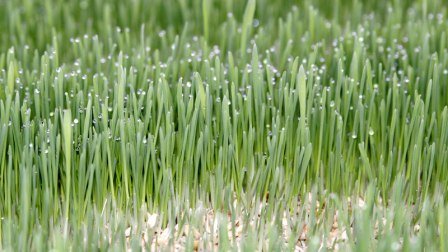
Troubleshooting Common Composting Problems
Even the most experienced composters encounter challenges. Here are some common problems and solutions:
- Smelly Compost: This usually indicates a lack of oxygen. Turn the pile more frequently to aerate it.
- Slow Decomposition: This could be due to a lack of moisture, nitrogen, or aeration. Adjust the balance of greens and browns, add water, and turn the pile regularly.
- Pest Problems: Cover the compost pile with a layer of soil or leaves to deter pests. Avoid composting meat and dairy.
As the seasonal harvest comes to an end, organic gardening does not have to stop. With proper composting, you can prepare for the spring season!
Embrace the Black Gold
Composting might seem daunting at first, but with a little practice, you'll be amazed at how easy it is to create your own "black gold" and enrich your garden. Not only will you be reducing waste and saving money, but you'll also be nurturing the soil and creating a healthier, more sustainable environment for yourself and future generations. So, grab your gloves, gather your scraps, and get composting! Share your composting triumphs and questions in the comments below – we'd love to hear from you!